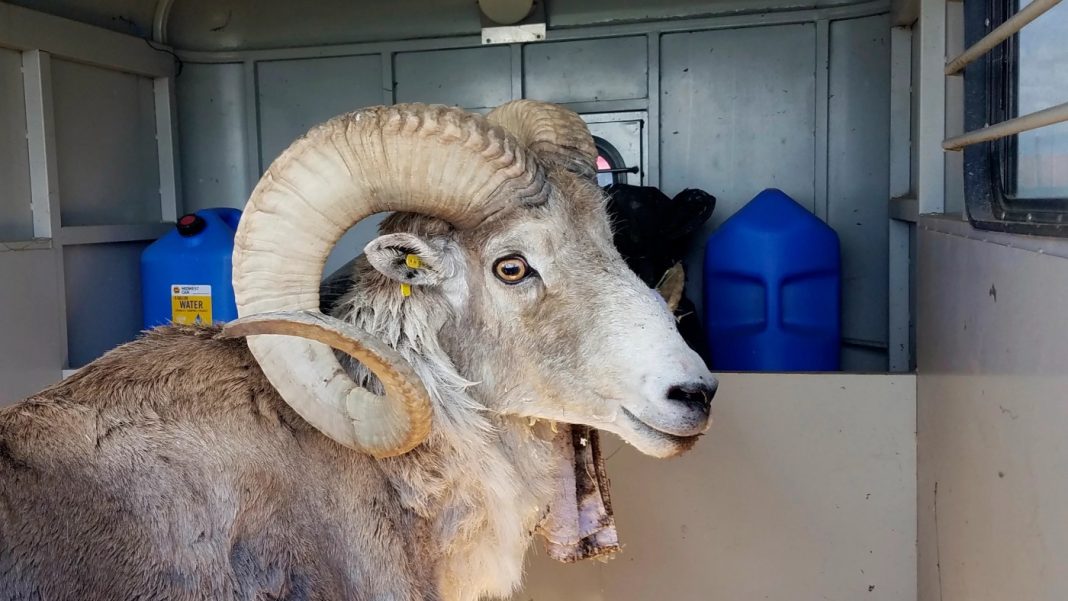GREAT FALLS, USA — An 81-year-old Montana man was sentenced to six months in federal prison for his role in an illegal sheep cloning operation, which involved using tissue and testicles from large sheep hunted in Central Asia and the U.S. to create hybrid sheep for captive trophy hunting in Texas and Minnesota.
Arthur “Jack” Schubarth of Vaughn, Montana, pleaded guilty in March to conspiracy charges related to his use of tissue from a Marco Polo sheep illegally brought into the U.S.
The case involved the cloning of the animal and the creation of hybrid species for sale to private hunting preserves, where hunters pay fees to shoot captive trophy game animals.
U.S. District Court Judge Brian Morris acknowledged the complexity of the case while sentencing Schubarth on Monday, September 30, 2024, citing the man’s age and lack of a criminal record alongside the seriousness of altering wildlife.
“You were so focused on getting around those rules that you got off track,” Judge Morris said, adding that a sentence was necessary to deter others from engaging in similar actions.
Schubarth’s attorney, Jason Holden, argued for leniency, describing the impact the case has had on his client’s life.
“I think this has broken him,” Holden said.
He also noted that Schubarth had always cared for animals and had undertaken a unique project by cloning the giant sheep known as Montana Mountain King (MMK).
The U.S. Fish and Wildlife Service confiscated the cloned animal, which is being held until it can be transferred to a zoo.
Sarah Brown, an attorney with the U.S. Department of Justice, emphasised the severity of Schubarth’s actions, stating that his illegal breeding endangered other wildlife and involved numerous states.
Schubarth’s ranch, Sun River Enterprises LLC, a 215-acre alternative livestock facility, has long been involved in breeding “alternative livestock” such as mountain sheep and goats for hunting preserves.
The hybrid sheep, created with Marco Polo DNA, were sold to multiple states, generating between $250,000 and $550,000 in sales.
As part of his sentence, Schubarth was fined $20,000 and ordered to make a $4,000 payment to the U.S. Fish and Wildlife Foundation. In addition to his prison term, he will be on probation for three years and barred from breeding game stock during that time.
The case remains under investigation, with Schubarth agreeing to cooperate fully with prosecutors and testify if necessary. His five co-conspirators have not been named in court records.
Reflecting on his actions, Schubarth expressed regret in a letter to the court.
“I got my normal mindset clouded by my enthusiasm and looked for any grey area in the law to make the best sheep I could for this sheep industry,” he wrote. “My family has never been broke, but we are now.”







